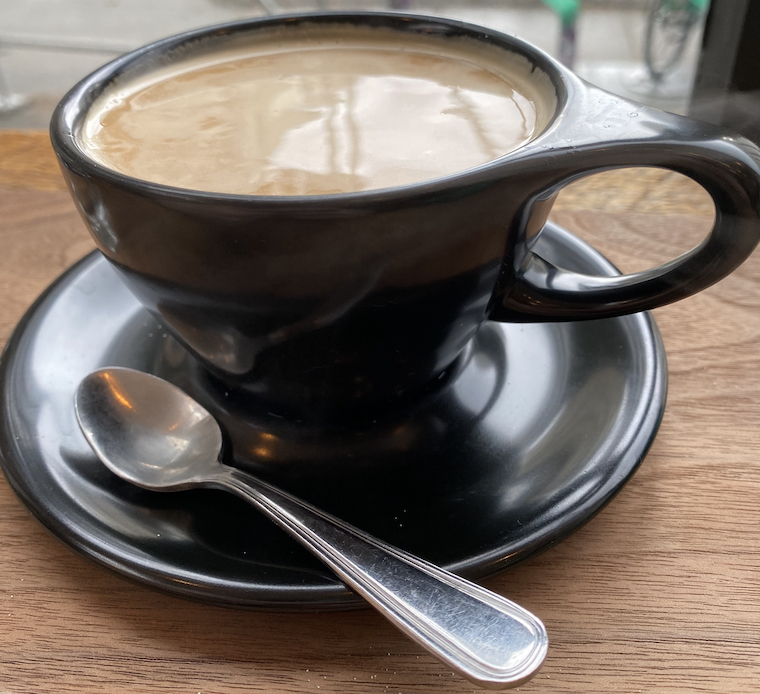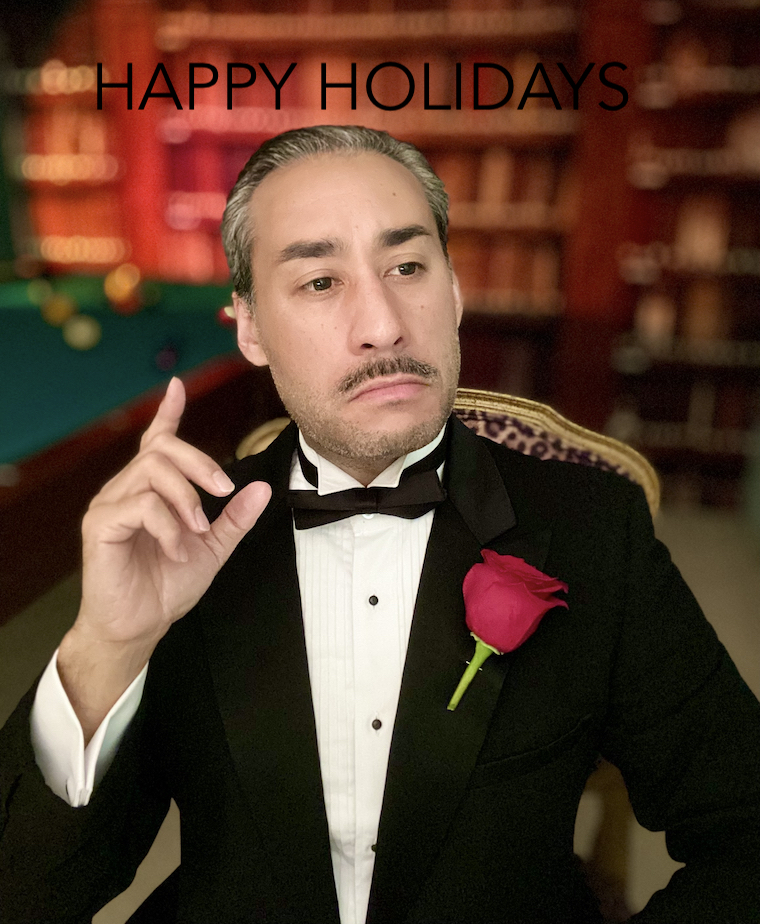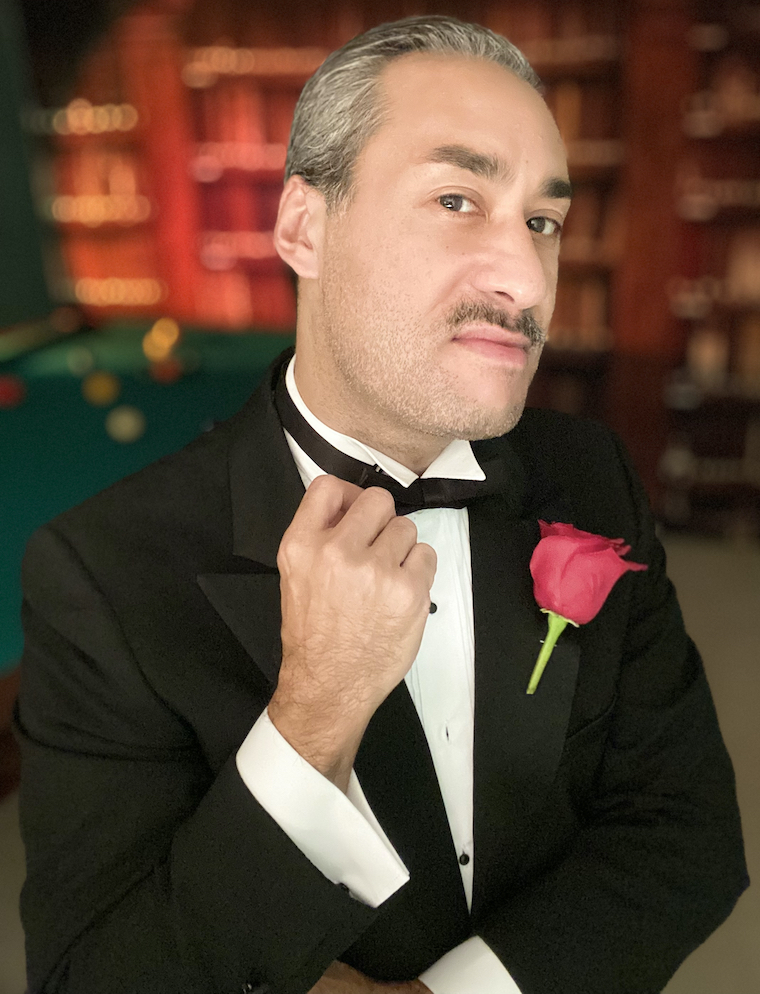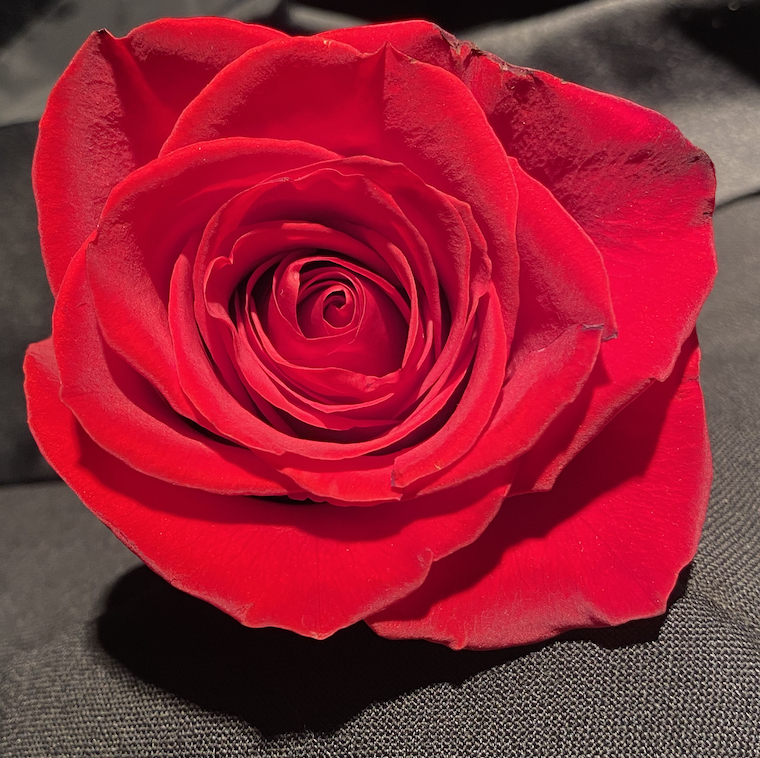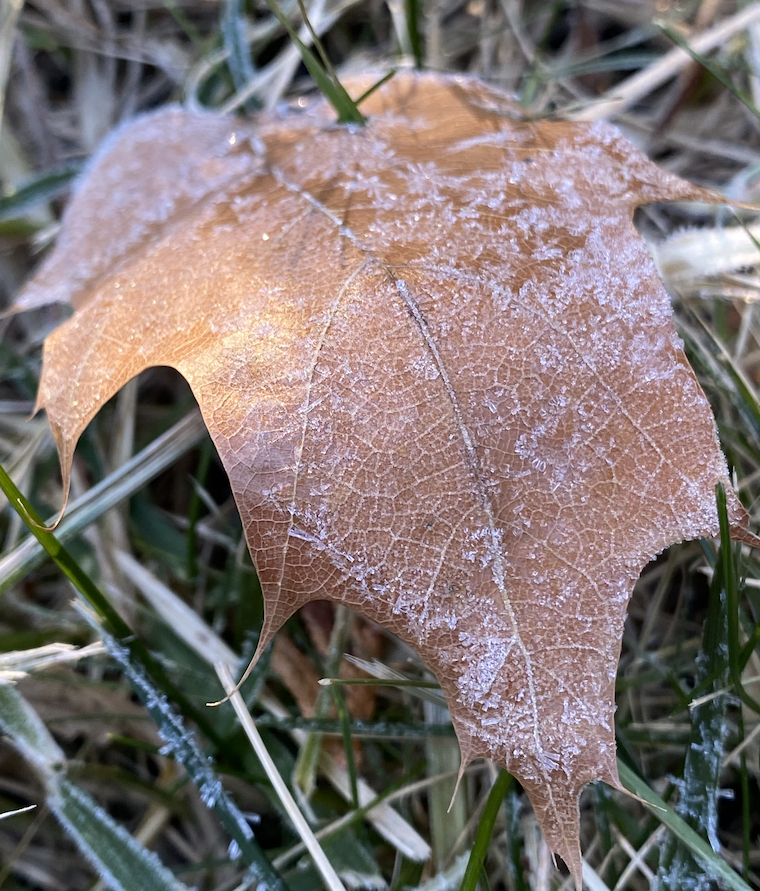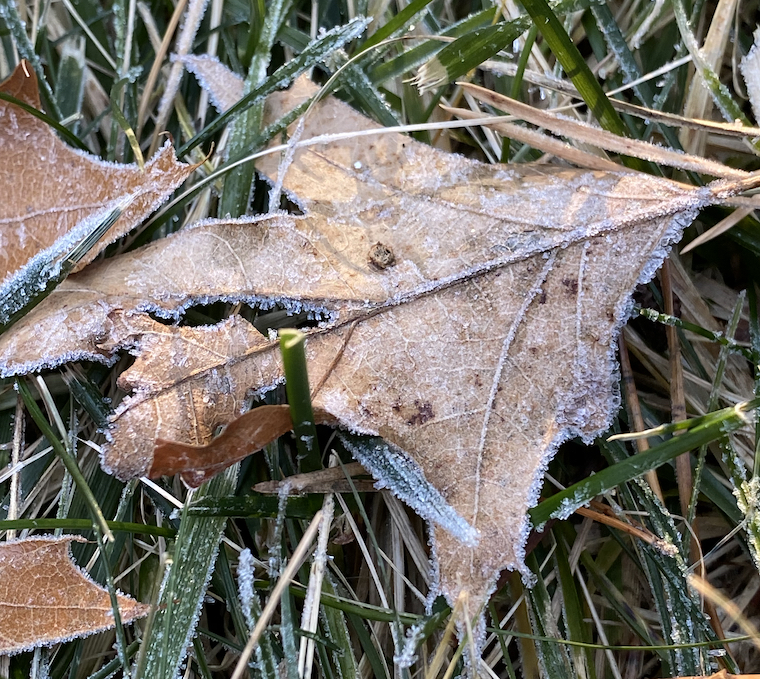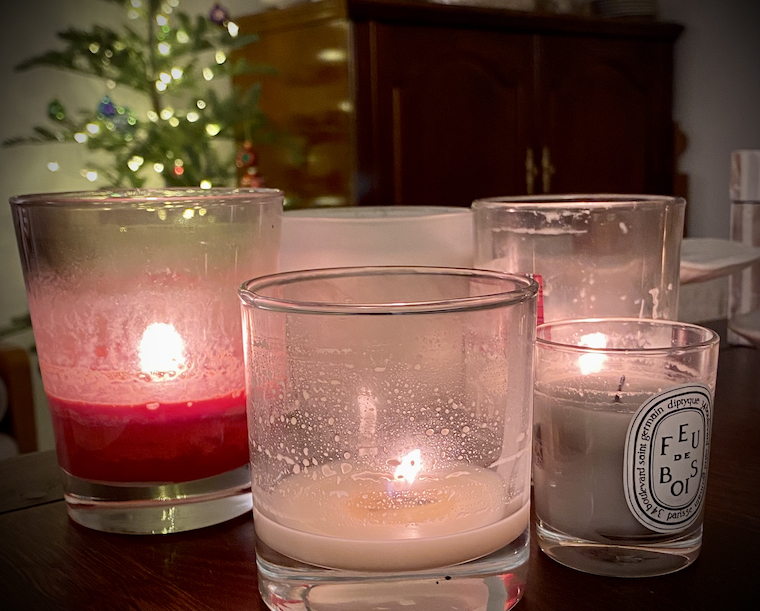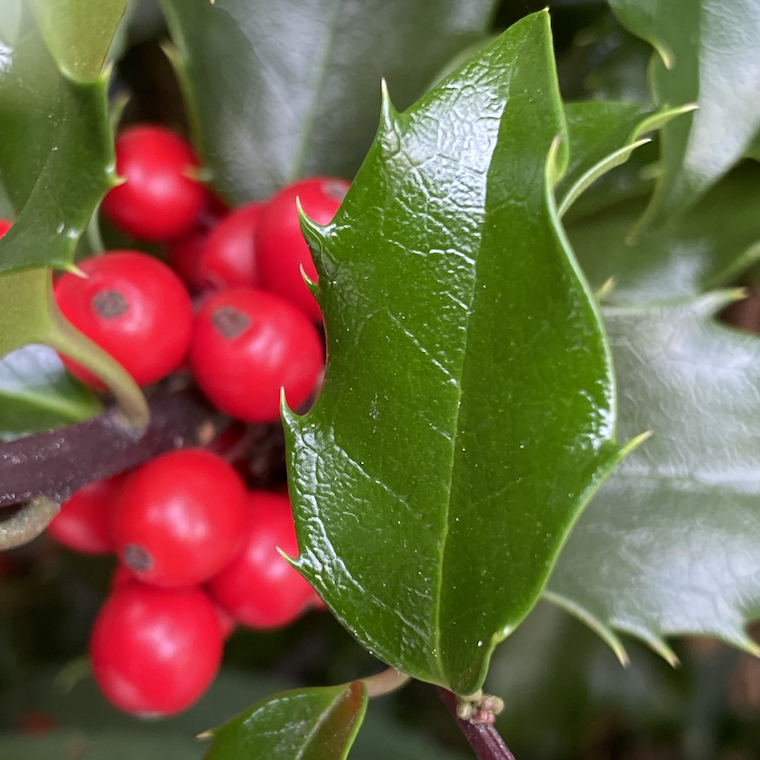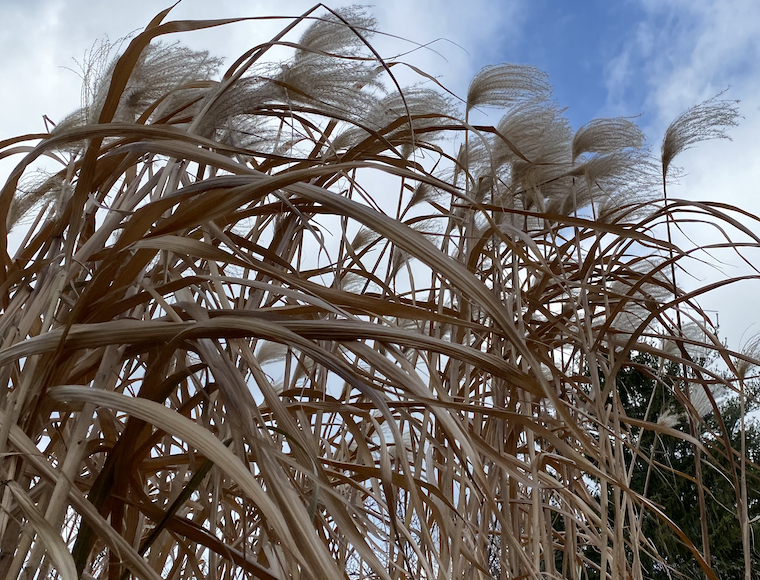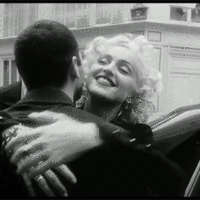There are many thieves looking to steal your joy.
Negativity.
Jealousy.
Pettiness.
Hurt.
Hatred.
But of all the would-be criminals out to rob you of your happiness, one of the greatest and most insidious is the one with which most of us directly engage on a regular basis: comparison.
Comparison is the ultimate thief of joy.
As soon as the mind posits something you have – a quality, a physical attribute, a possession – against something someone else has, you have created a perspective that immediately alters and shifts whatever your original appreciation of that something was. If it’s a possession, such as a car, which you might have originally loved and adored, the moment it is compared to another vehicle, it loses some of its luster, because from that moment on it is no longer just the car you loved – it’s the car you loved, in line in your mind next to whatever other car to which you may have compared it. Poof, joy altered – and, more often than not, joy diminished.
If it’s a physical attribute, maybe the gray hair you once loathed but have learned to love, the moment you compare yourself to others is the moment some of the loathing returns.
And if it’s a quality – a spark of generosity perhaps – the moment you compare what you give to what anyone else gives immediately robs the moment of some of its altruistic intent, taking away the modicum of the joy that might have been present in the sole act of being generous.
It’s understandable why we do it. Comparison is one of the first ways we learn of ordering the world and making sense of our placement here. It’s how we find our way in the daunting expanse of an endless universe that constantly threatens to overwhelm if you ever really got your head around its scope and reach. When you realize how small and minute we are in the entire universe, it’s a terrifying feeling. We must craft something to compare our stature and scale to what is around us or we would all be lost. To that end, comparison is helpful and useful.
Beyond that, however, it begins to lead to heartache and distress, and ultimately the stealing of joy. Even if we come out on top, whatever that might mean, there is no true joy or happiness to be found there. The view may be lovely, but it’s usually lonely at the top. Shouldn’t our purpose be something greater?
One of the things I’m constantly working to improve is my automatic instinct to compare and contrast, seeking instead to simply appreciate each moment and decision, each action and movement, each goal and possession, in and of themselves. Taking care not to compare myself to others, making efforts not to compare what I have or don’t have against what others have or don’t have – these are noble endeavors, as I can see that comparison has never brought the happiness we think it will.
Luckily, I’ve mostly been operating under such an outlook for a couple of decades. It started way back when I was first getting published in some magazines, and someone sent me an e-mail asking how they might get published. At first, I felt a slight pang of being threatened. My brain’s initial instinct was to shield and protect and guard against someone else taking my place somewhere. Soon thereafter, however, that impulse died away, and I laughed a little at my foolishness – first, at my silliness for thinking I actually occupied a space to be taken, and second at being so insecure to not offer what worked for me as a helpful guide for someone else. I ended up offering what my basic path had been (write, write, and write if you want to get published – seems so easy, but you’d be surprised how many people want to write for a publication or website yet don’t have a collection of their actual writing or, worse, haven’t written anything at all) and that change didn’t threaten or affect my own writing at all.
In fact, it illuminated something that would prove to be integral in how I have maintained my joy of writing all these decades later. My most enjoyable writing moments came not from getting published in forums that might edit or remove key components of what I was trying to convey; my love of writing existed solely in the act of writing. The instant I stopped comparing my writing to anyone else’s was the instant I realized the inherent joy I felt in the process.
The other far more important lesson learned in that exchange was the idea that absolutely no one else could do what I do. It was a genuine realization, not of hubris or arrogance or even healthy-self-worth – it was a realization for everyone: no one can do what I do in the same way that no one else can do what you do. We each operate in individual and unique ways. Even if we were to do the same exact thing in the seemingly same exact way, as humans we are each entirely one-of-a-kind, and every outcome would be slightly different. Every single one of us can state honestly at this very moment, and every moment, “Absolutely no one else can do what I do.” Say that to yourself and let it resonate in your head. It holds true for everyone. When you think of it in those terms, it makes comparison futile at best, and deleterious at worst.


